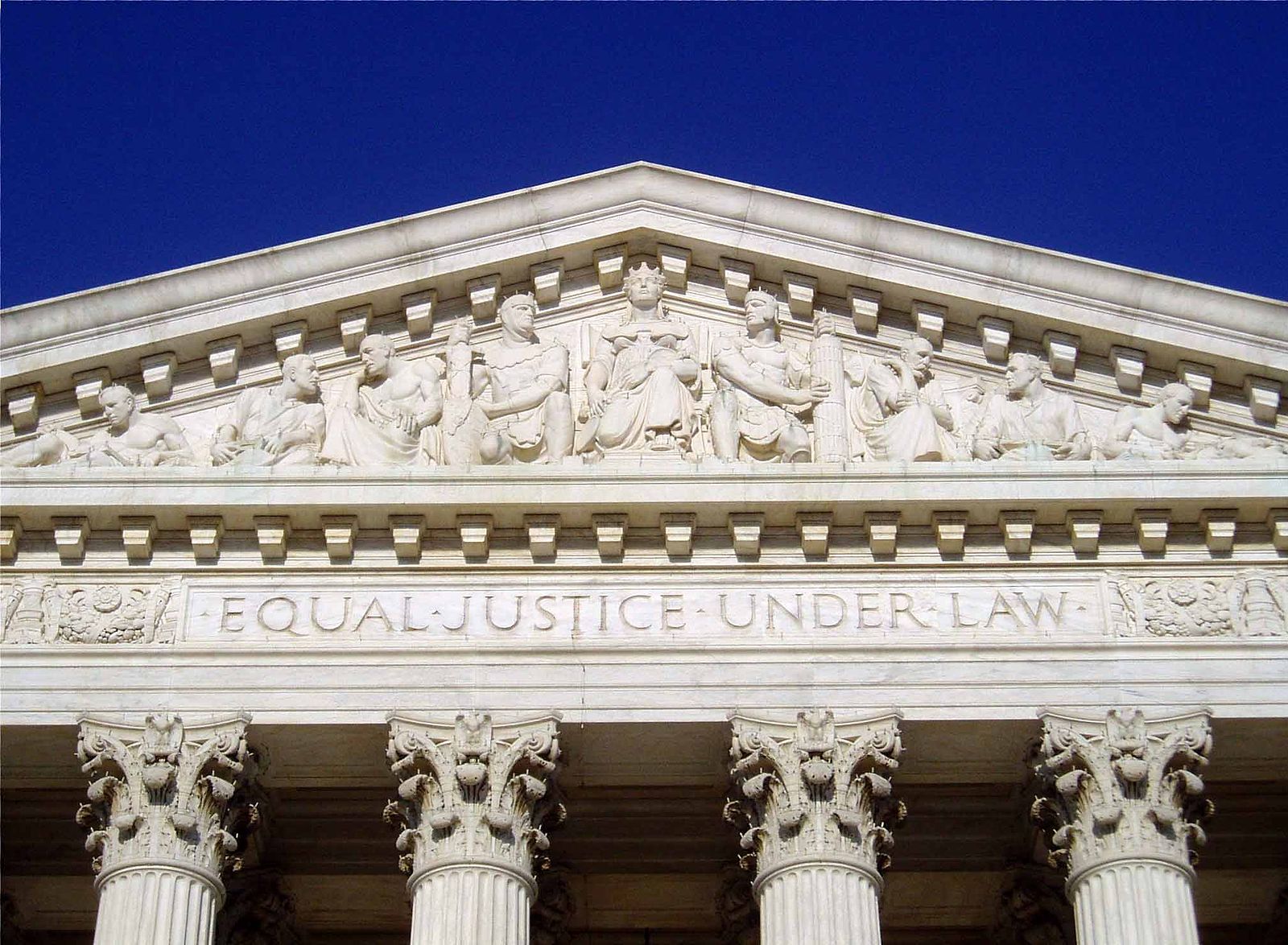FOR IMMEDIATE RELEASE
Contact: Hannah Story Brown, [email protected]
Impact of Supreme Court’s EPA Decision Can Be Minimized Through Decisive Executive Counteractions
Today the Supreme Court issued its long-awaited opinion in West Virginia v. EPA, curbing the EPA’s authority to establish carbon emissions caps under Section 111 of the Clean Air Act. It is a significant blow, and is further evidence of how far this empowered, extremist Supreme Court will go to erode the functions of our government and contravene the public interest. But it is not a lethal blow. Many tools to stave off the climate crisis and facilitate an equitable energy transition remain available to the EPA, to the White House, and to Congress.
Months of speculation, dread, and strategizing preceded this opinion. Now that its scope can finally be known, what remains is the dire urgency of action.
The EPA has several other tools to limit greenhouse gas emissions. Amy Westervelt outlined on Tuesday pathways for climate action that even the worst outcome in West Virginia v. EPA (which did not materialize) would not touch. The EPA is still required to regulate fine particulate matter, much of which comes from fossil fuel combustion, and causes not just hazy skies but widespread health problems, including millions of premature deaths globally each year. Section 115 of the Clean Air Act grants the EPA explicit authority to compel states to take action to curb their air pollution, upon receipt of “reports, surveys or studies from any duly constituted international agency” (like the IPCC) that find that the US’s contributions to air pollution “endanger public health or welfare in a foreign country.” The Toxic Substances Control Act of 1976 provides a largely unexplored opportunity for the EPA to regulate pollution from fossil fuels: a new petition from a group of scientists and former public officials to the EPA requests that the agency use the TSCA to control and phase out greenhouse gas emissions, given the emissions are substances which pose “an unreasonable risk of injury to health or the environment.”
The EPA can also strengthen its collaboration with the DOJ to crack down on industrial plants violating air pollution regulation, increasing actions like “surprise plant inspections” in Louisiana’s Cancer Alley. More robust enforcement targeting corporate environmental violators is essential, as routine violations are widespread, and vulnerable populations in “sacrifice zones” are plagued by health issues caused by excessive exposure to pollutants.
The White House’s many untouched avenues for climate action also remain intact. The Center for Biological Diversity’s report on The Climate President’s Emergency Powers outlines several actions still available to Biden, as we have underscored many times; the Center’s press release today emphasizes that Biden should expand on his recent use of the Defense Production Act to stimulate clean energy manufacturing and hasten the energy transition. Still, Biden’s invocation of the DPA could be stifled by a lack of funds if Representative Cori Bush’s last-minute strategic push for $100 million dollars to support its use in the House appropriations bill does not survive negotiations. It is essential that Democrats apply unrelenting pressure, and insist upon fully realizing and funding climate action. And today, this extremist ideological Court has made it clear that judicial reform must be an urgent climate priority.
Revolving Door Project researcher Hannah Story Brown said, “The nightmares inflicted by this unelected, illegitimate Court upon the American public will last only as long as we refuse to take action to change the balance of power. Democratic leadership at every level of government must take bold, creative, uncompromising measures to wrench policymaking from the hands of these few ‘largely unaccountable “ministers.”’ The rights of people everywhere, the future of our democracy, and the fate of our planet are all at stake. There is no time for cowardly half-measures.”
###
IMAGE: “Equal Justice Under Law” by Matt Wade is licensed under the Creative Commons Attribution-Share Alike 3.0 Unported license.

